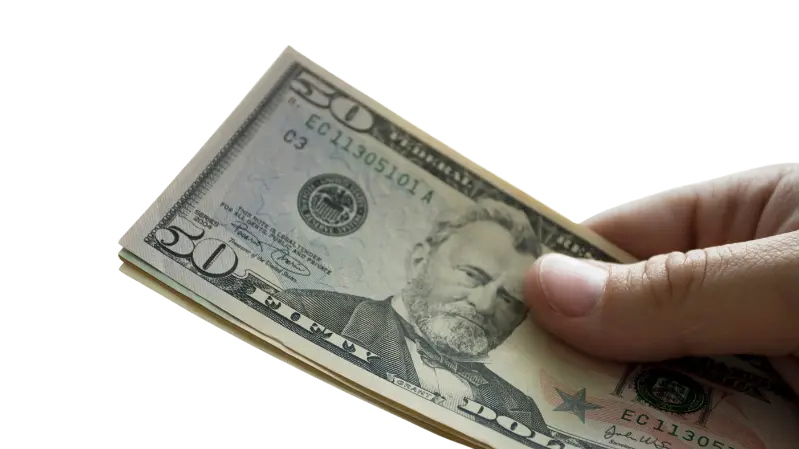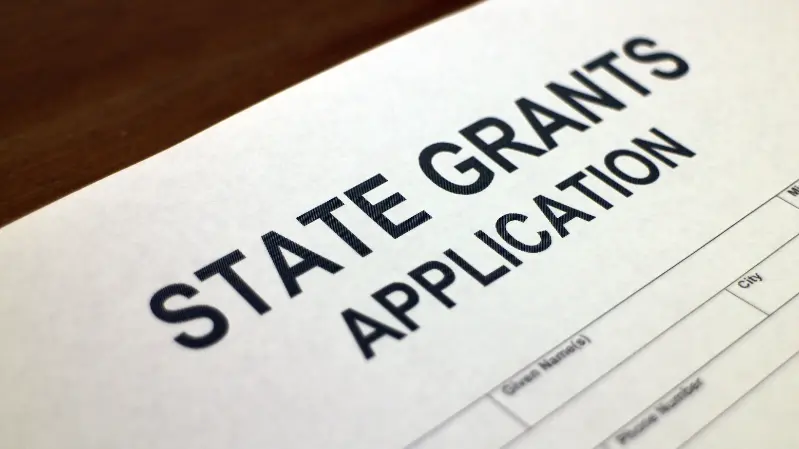Microgrants for felons are small amounts of money, usually ranging from $500 to $5,000, designed to help people kickstart a small business, train for a new career, pay for tools and transportation for a job, or cover a financial need.
How To Find Microgrants For Felons

Microgrants tend to be region-specific grants issued by community groups and local nonprofits, so the microgrants you can access often depend on where you live.
Funding to support micro-grants can be limited. That means you might not be chosen to receive a microgrant award even if you meet all of the qualifying criteria.
Because microgrants aren’t usually based on criminal background, you don’t need to limit your search to micro grants for felons.
Instead, apply for microgrants offered to people in your community and those that support specific industries or projects.
Reentry Microgrants
Reentry programs often issue microgrants t0 felons. Small grants may be available to help you pay for a security deposit on an apartment or get a bus pass so you can get to work.
Reentry grants also fund job training and skills certifications—Commercial Driver’s License training programs for example.
Call the 2-1-1 helpline to find reentry programs in your area.
Microgrants In The Twin Cities
A powerful example of a regional community-based microgrant provider is MicroGrants. MicroGrants issues grants up to $2,500 to residents of the greater Twin Cities area in Minnesota.
MicroGrants provides funds that help residents afford the education, training, and supplies they need to get a better job, stay in work, or start a small business.
If you’re a felon in the Minneapolis or St Paul area, you can apply for a microgrant through one of MicroGrant’s partner agencies.
Go here for more information.
Awesome Foundation Microgrants
The Awesome Foundation provides microgrants for individuals across the United States. Multiple $1,000 microgrants are awarded each month by local chapters that choose which projects and ideas to fund.
Applying for an Awesome Foundation microgrant for individuals is simple. Just fill out the short application form with a few details about yourself and your awesome idea.
Go here for more information.
1517 Medici Project Micro-grants
The 1517 Medici Project gives $1,000 microgrants to budding entrepreneurs who need a boost to realize their vision. Your project should have the scope to become a tech or science startup.
Go here for more information.
Inflection Microgrants For Individuals
Felons under 25 can apply for a chance to win a $2,000 microgrant for individuals. Whether you need money to learn new skills, make art, build something, or simply improve yourself and your prospects, Inflection Grants want to hear from you.
Go here for more information.
NAACP Grants
The NAACP runs several grant programs supporting Black entrepreneurship. Felons from this demographic can receive $5,000 from the NAACP and Leslie’s Certification Boost Grant to pay for business certifications.
Other microgrants are available for small business owners of color through the NAACP and the Nextdoor Kind Foundation.
Go here for more information.
HerRise Microgrant
The HerRise MicroGrant issues a $1,000 grant each month to under-resourced women running their own businesses.
Go here to learn more.
How To Get Micro grants From the Government

If you need some money for basic living costs or education and training you could be eligible to claim some free money from the government.
SNAP: Felons on a low income may qualify for SNAP benefits. You’ll get money each month to spend on food at grocery stores and farmer’s markets.
TANF: Temporary Assistance for Needy Families gives you a monthly award to help you pay for essentials.
LIHEAP: Each state runs an energy bill assistance program for low-income residents who need help paying for heating and cooling.
Lifeline: The Lifeline program provides free unlimited calls and texts, and limited data to low-income individuals and families.
Check if your current provider offers a Lifeline plan or visit Life Wireless: https://lifewireless.com/
Free School Meals: If you earn less than $40,560 a year (family of 4) you can get free school meals for your children.
Childcare: Find out if you can get free or low-cost childcare while you work, train, or study.
Learn More: https://www.usa.gov/child-care-head-start
Pell Grants: Get up to $7,395 per year to help pay for college or trade school. The amount you’ll get depends on your income and cost of attending school.
Learn More: https://studentaid.gov/understand-aid/types/grants/pell
Federal Supplemental Educational Opportunity Grant: Students with exceptional financial need may qualify for an annual $4,000 microgrant to support their studies.
Go here for more information.
WIOA Grants: The Workforce Innovation Opportunity Act funds initiatives in all states helping low-income workers train for good jobs. A WIOA grant can pay for skills training and certification in numerous industries.
Speak to your local Job Center or One-Stop Career Center to Go here for more information.
While micro-grants for felons offer no-strings-attached funding, there’s no guarantee you’ll get the money you apply for.
If you’re struggling to afford your basic living expenses, applying for government-backed programs is more likely to get you the money you need.
Read Also: